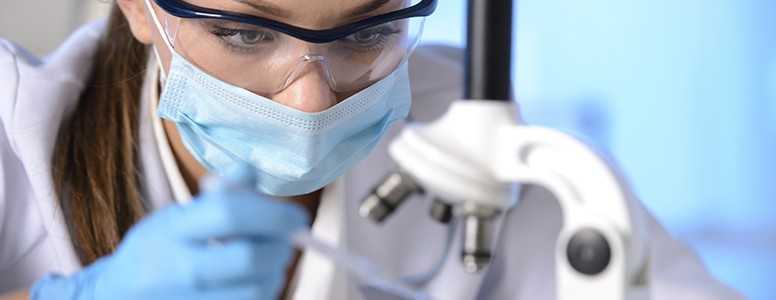A protein has been identified which senses when the body is exercising and could be used help prevent and treat type 2 .
A team from the University of Leeds says the protein, Piezo1, can detect when a person is being active and copies the positive reaction the body has when exercise has been carried out.
They think Piezo1, which can be found in the lining of arteries, can sense a change in the blood flow which occurs when the heart speeds up during exercise.
Having made this discovery, the research team set about developing a compound called Yoda1, named after the well-known Star Wars character, which copies the effect Piezo1 has on increasing the body’s blood flow during exercise.
They believe activating the protein will help combat type 2 diabetes and cardiovascular diseases by lowering the strain on blood vessels. This could also amplify the benefits of exercise.
They are now using the findings to work on developing a new drug which could copy the benefits of exercising, without having to participate in any sort of exercise.
Professor David Beech, who led the study, said: “If we can understand how these [biomolecular] systems work, then we may be able to develop techniques that can help tackle some of the biggest diseases afflicting modern societies.
“We know that exercise can protect against heart disease, stroke and many other conditions. This study has identified a physiological system that senses when the mammalian body is exercising.
“By modifying [Piezo1] in the intestines then perhaps we could overcome some of the problems of diabetes and perhaps this Yoda1 compound could target the Piezo1 in the intestinal area to have a functional effect.”
Yoda1 has so far just been tested on mice during the trial and will now be modified for future laboratory tests and, eventually, human clinical trials.
Despite the researchers hopes, it is most likely that the best way to get the benefits of exercise, is to get active. Many researchers have tried to mimic exercise in the past but so far, nothing has beaten exercise itself in getting the full set of physical and mental benefits.
The findings have been published in the Nature Communications journal.
What's new on the forum? ⭐️
Get our free newsletters
Stay up to date with the latest news, research and breakthroughs.






